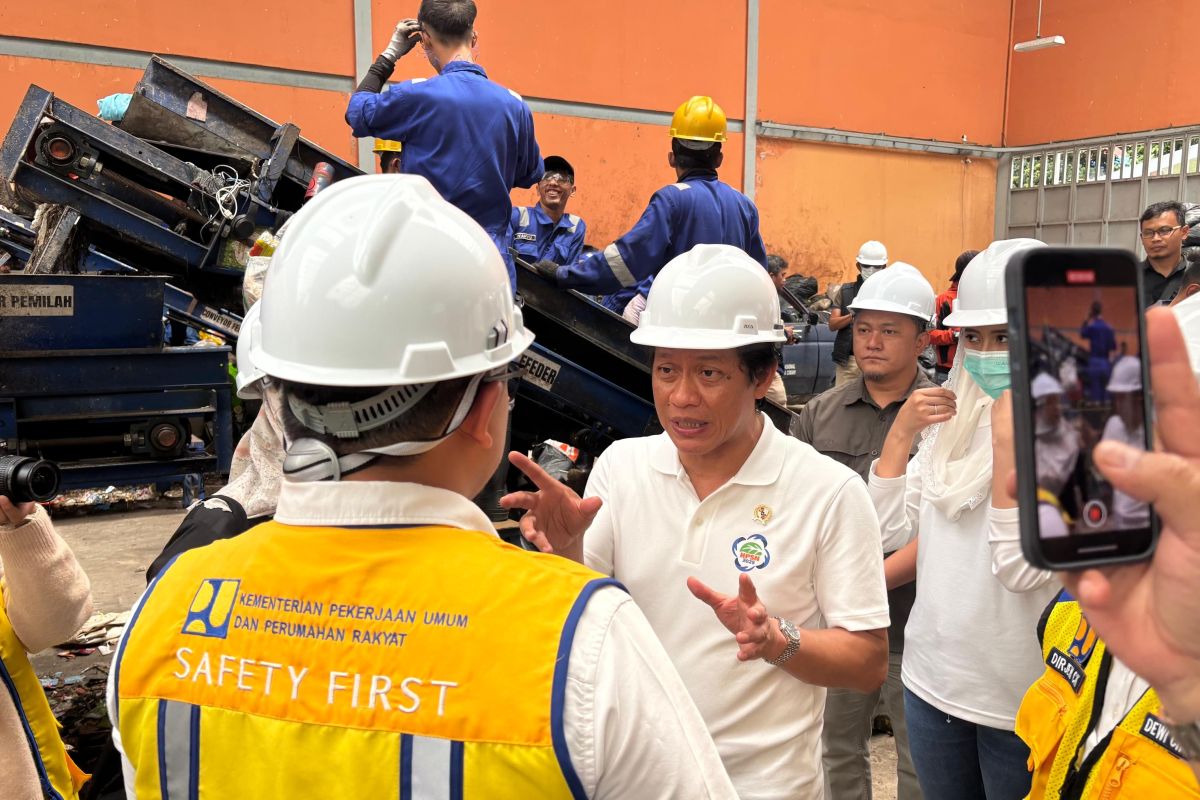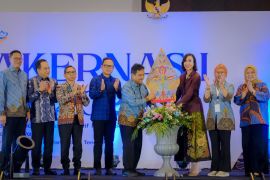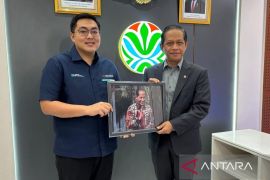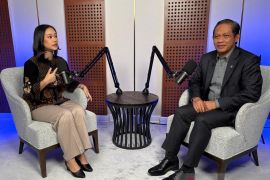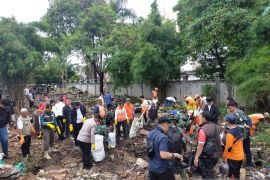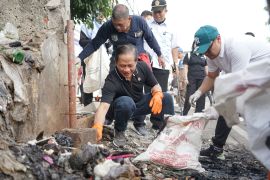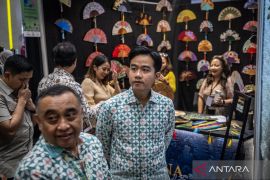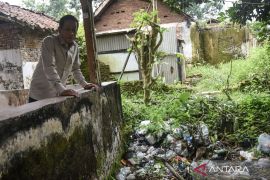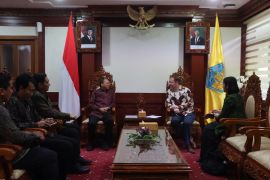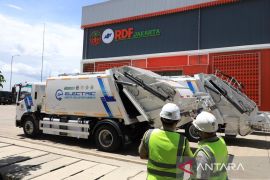During a review of an integrated waste management site in Cimahi, West Java, on Saturday, Nurofiq said that his ministry has discussed the cooperation with representatives from South Korea, Japan, Denmark, and most recently, Norway.
In addition, the Ministry of Environment has also discussed financial support for waste management efforts in Indonesia with the United Nations Environment Programme (UNEP).
One of the plans being considered involves utilizing the carbon economic value mechanism.
"We will do joint crediting mechanism, so we pay through carbon credits. We are pursuing this, but the problem (of waste) will not be resolved just like that," he said.
He highlighted that the management of waste using technology is a necessity, in addition to waste reduction carried out at the upstream level, namely in households by sorting waste.
He also underscored the importance of the role of off-takers, or those who purchase the end-products of waste management technology, such as refuse-derived fuel (RDF) from plastic.
According to data from the National Waste Management Information System (SIPSN) of the Ministry of Environment, the volume of waste generation reported by 278 districts and cities nationally stood at 29.3 million tons in 2024.
Related news: Leuwigajah tragedy a wake-up call for better waste management
Related news: Regional governments urged to monitor waste management in markets
Translator: Prisca Triferna, Raka Adji
Editor: Rahmad Nasution
Copyright © ANTARA 2025
